Frederica Freyberg:
The weeks of replaying the events of August of 2020 during the Rittenhouse trial has retraumatized people in the community and beyond. It’s been a reliving of the anger and angst that followed the murder of George Floyd and then the police shooting of Jacob Blake in Kenosha. And now the young, armed vigilante has been exonerated of murder. It’s a lot. Angela Lang, executive director of Black Leaders Organizing for Communities is here to talk about it. Thanks for being here once again.
Angela Lang:
Yeah. Thanks for having me.
Frederica Freyberg:
So first, what is your reaction to this verdict?
Angela Lang:
It’s hard. It’s hard to process. It’s hard to hear. As I’m processing and reflecting, I don’t think I’m surprised by any means. We’ve been through this before. But it doesn’t make it any less heartbreaking and it doesn’t make it hurt less even though we know how our system works or doesn’t work for us.
Frederica Freyberg:
Now, you wrote a searing essay published this week saying that there is no good outcome from this trial. Why not?
Angela Lang:
You know, the way I’ve been thinking about it is that if we got the verdict like we did today, it’s a giant injustice in that this child, he was 17 at the time, was able to cross state lines, murder two people, injure another and be a free person. That’s a huge injustice. But to also know that had he been convicted, we know that there were credible threats of the far right and Proud Boys and militia folks that were ready to pick up where Kyle had left off had he been convicted. And so knowing that, knowing that whatever the outcome was, it’s such a hyper-polarized time and an incredibly tense racialized time it’s hard to feel that Kenosha isn’t just smack dab in the middle and there was really no good outcome out of today.
Frederica Freyberg:
Describe for us the connection between racial justice movements and this case, because the people who were killed were white.
Angela Lang:
Yeah. And I’m really glad that you brought that up, because some people don’t necessarily understand why people that are in support of Black lives are upset when the victims were indeed white. But we have to understand why everyone was out there in the first place. They were actually protesting the shooting of Jacob Blake. They were standing with the Black Lives Matter protesters and members of the Kenosha community. And so whether it was a Black person that was killed or if they were white, at the end of the day, these were people a part of our movement defending the futures and the lives of Black people.
Frederica Freyberg:
One thing I saw this week was that supporters of Kyle Rittenhouse showed up outside the courthouse during jury deliberations, including a Republican candidate for U.S. Senate in Missouri who was photographed with two people flashing a sign associated with white supremacists. What kind of a gut punch is that?
Angela Lang:
It’s just — we’re not even talking about dog whistles at this point. A dog whistle is something that you could barely hear and was kind of over the radar. The fact that people are openly using these white supremacist symbols goes to show that these people are emboldened and they fear nothing because they see that there’s no consequences for their actions. And so we’re making an opening for this type of behavior and these shootings and this violence to continue because there isn’t a strong enough backlash. And so at times where people may have hid under a pointy, white hood or hid somewhere else and may not have known — and made known their true values, they’ve been emboldened by the former president. They’ve been emboldened by so many people and so many situations in this country that they’re okay openly flashing these white supremacist symbols as they’re running for office. And I think it’s incredibly disturbing and I think it’s also a terrible sign for our democracy and everyone should be concerned about that as well.
Frederica Freyberg:
In your essay you also said that the failure to move our country forward is pouring gasoline on a fire and that countering racism can’t solely rest on the shoulders of the traumatized and grieving. Who else should step in and what should they do?
Angela Lang:
Yeah. This is a point where everyone that is unequivocally against racism and white supremacy needs to step in and that’s exactly what Anthony and Jojo did and why we are rallying and why this case means so much to us, is that everyone has a role to play, understanding that this is not just at the hands of Black and brown people that are experiencing the trauma and the collective racism and white supremacy on a day-to-day basis. But our whole country needs to take a strong stance and unequivocally reject white supremacy, white nationalism and far right extremism. The fact that we aren’t and that there isn’t this collective rejection just allows for continuing and openings for people to take advantage and to continue this behavior and continue, quite frankly, the destruction and erosion of our democracy and, quite frankly, of this country.
Frederica Freyberg:
Angela Lang, thank you very much for joining us on this day.
Angela Lang:
Thank you for having me.
Search Episodes

Donate to sign up. Activate and sign in to Passport. It's that easy to help PBS Wisconsin serve your community through media that educates, inspires, and entertains.
Make your membership gift today
Only for new users: Activate Passport using your code or email address
Already a member?
Look up my account
Need some help? Go to FAQ or visit PBS Passport Help
Need help accessing PBS Wisconsin anywhere?

Online Access | Platform & Device Access | Cable or Satellite Access | Over-The-Air Access
Visit Access Guide
Need help accessing PBS Wisconsin anywhere?

Visit Our
Live TV Access Guide
Online AccessPlatform & Device Access
Cable or Satellite Access
Over-The-Air Access
Visit Access Guide
 Passport
Passport









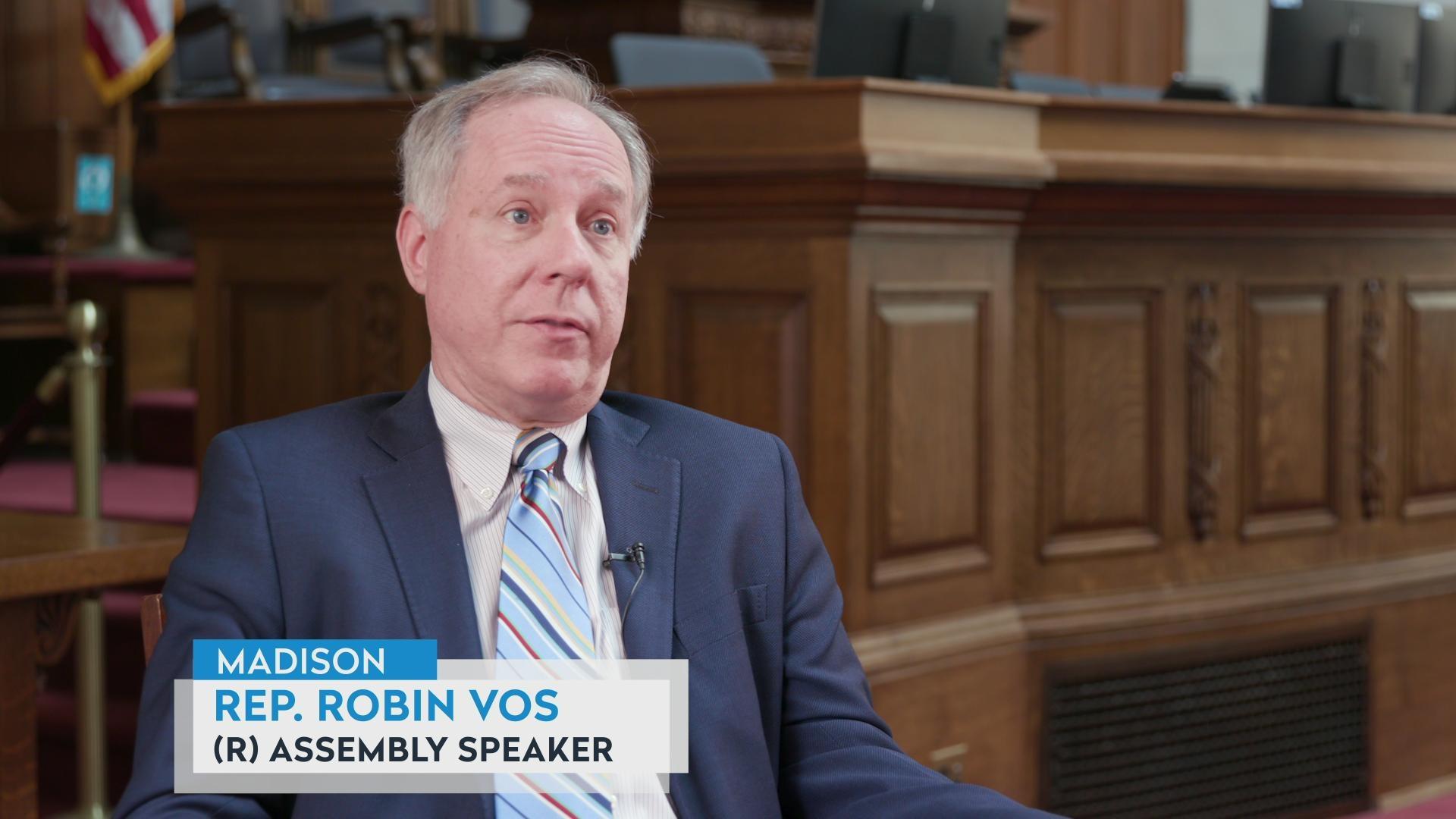

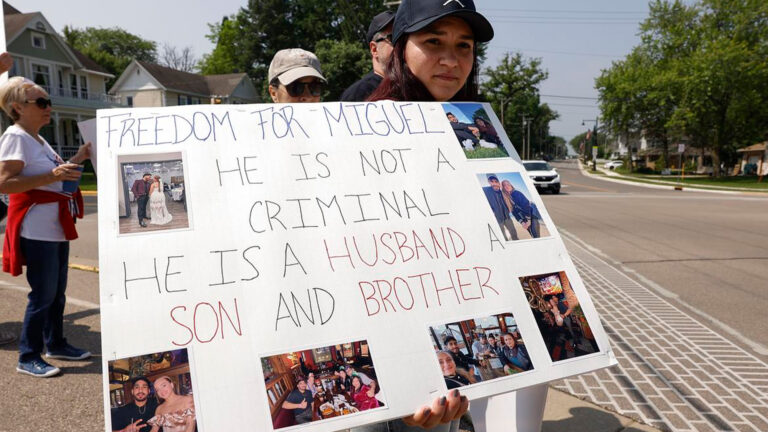
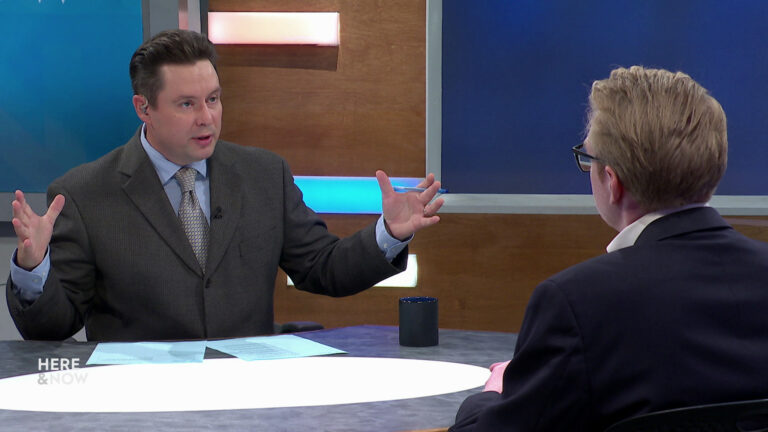
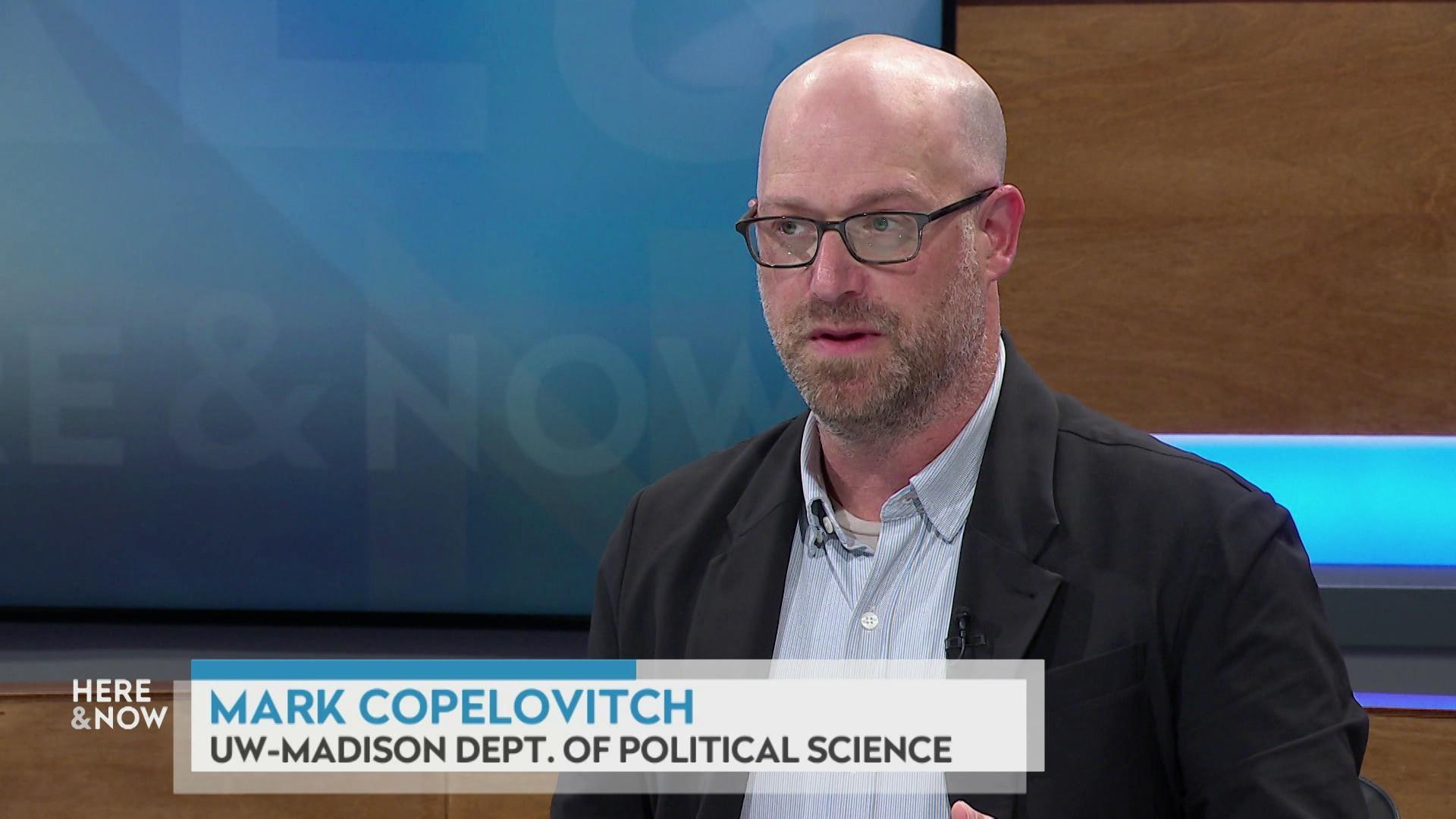
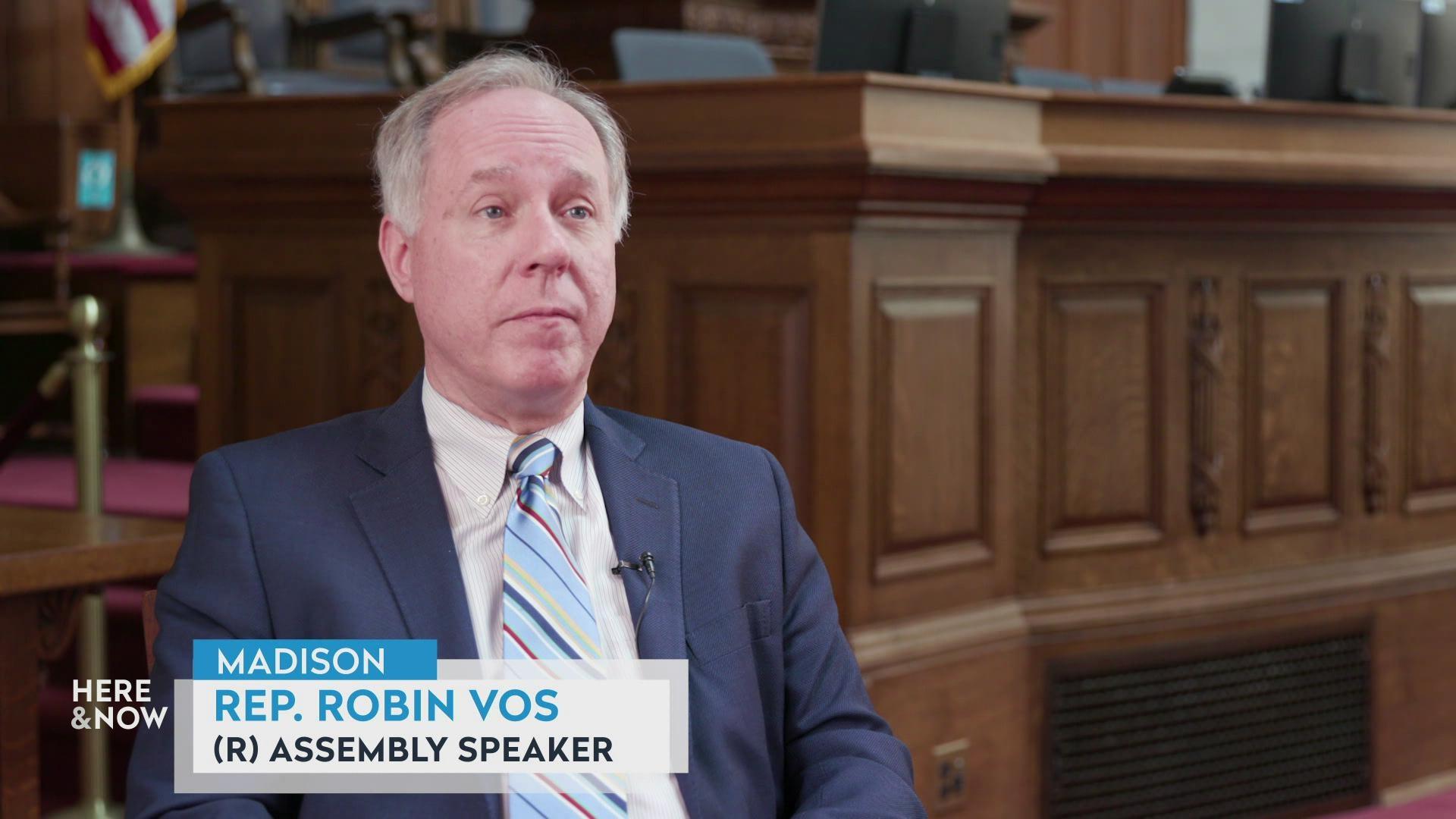
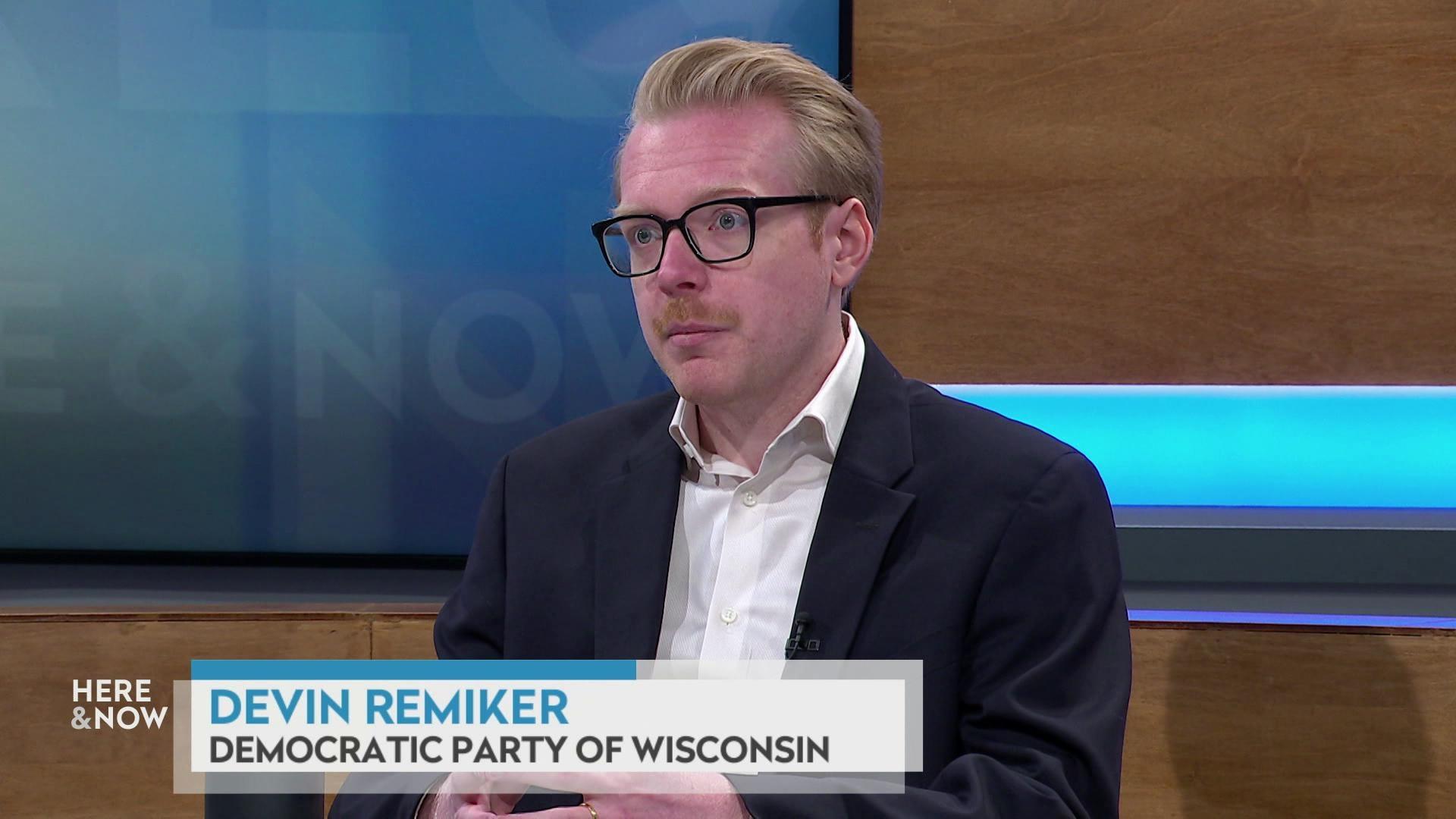
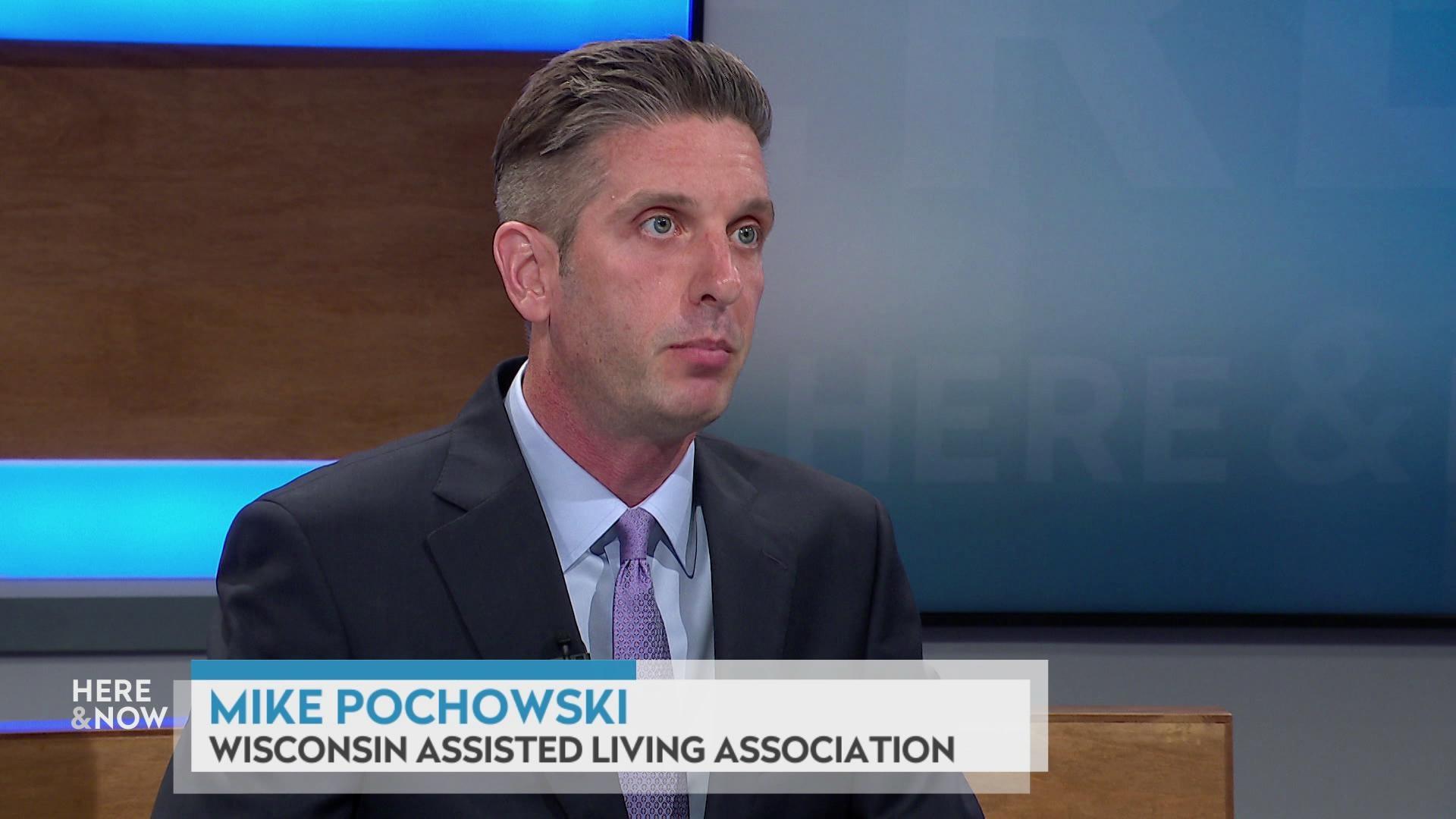

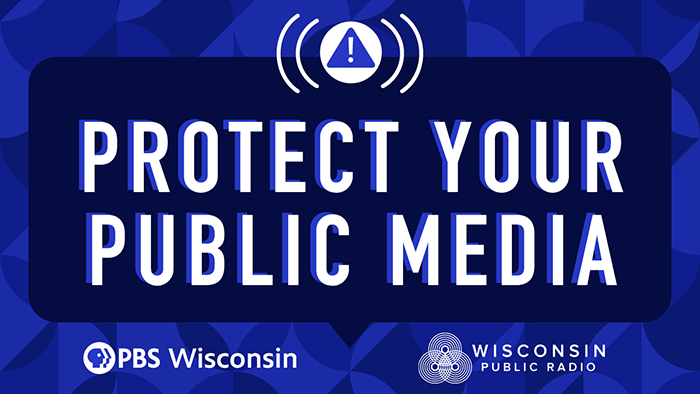
Follow Us